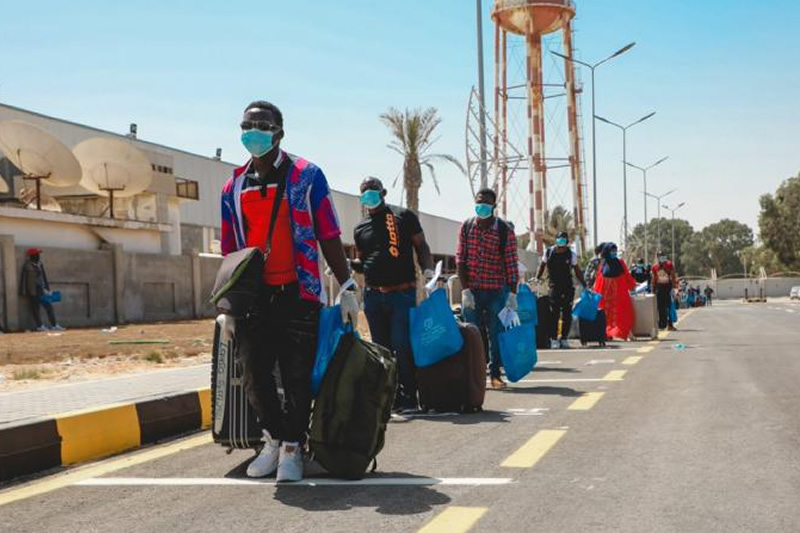
Why wealthy nations need to take onus of their migrant assets?
 United Nations – A CNBC report claims that literally 5 percent of global workforce comprises migrant workers and that wealthy nations are highly dependent on them for their economies to thrive.
United Nations – A CNBC report claims that literally 5 percent of global workforce comprises migrant workers and that wealthy nations are highly dependent on them for their economies to thrive.
Currently, the world has some 169 million migrant workers that are proving to be the lifeblood of many wealthy economies. Their despicable state of being became most prominent in the Covid-19 times. According to the United Nations, 1 in 20 workers worldwide is a migrant worker.
We can blame this trend on the rapidly growing economic globalization, dearth of earning opportunities in poorer nations, poverty, desire for better living standards, etc. Statistics also suggest that literally 114 million (67percent) migrant workers actually live in the wealthy nations of the free world.
The three countries that provide maximum remittance includes the US (68billion), UAE (43billion) and Saudi Arabia (35billion).
Indonesia, Bangladesh and Philippines for example are trying to move up the value change and create better economic opportunities for themselves. But till the time that happens, those workers who want to grow economically, will look at more creative and thriving markets outside their geographical area.
According to the Human Rights Watch’s report, Qatar comprises 95percent migrant workforce meeting their labor needs. Criticism over their treatment of these migrant workers continues till date. Most are not covered under any medical or accident insurance, as their nature of work might mean danger to their lives. Their living conditions, nutrition and basic well-being has been ignored.
Related Posts
- Human Right Exploited: Ugly side of Qatar World Cup 2022
- Migrant Garment Workers in Malaysia are facing severe exploitation
- Singapore Migrant Workers Start To Prioritize Mental Health Issues Post Covid19
The report highlights how the inhuman living conditions came to light in countries like Singapore, Malaysia and Thailand to name a few. Crammed up dormitories meant Covid-19 infection transmission was easy. Those glaring holes are now being filled up. Looking at the great advantage that migrant workers bring is that they are not only benefitting the host country, but they are also helping their own country become prosperous. Most will send back money in the currency of their host country. Money once received back home, is much more in currency conversion, helping their immediate families to live better lifestyles, nutrition, access to education and medical facilities to name a few advantages. Remittance flow to native countries was reported to be $540 billion in 2020 itself; despite the fact many workers might have been without work or back home. Researchers believe that it is time, wealthy nations look at ways to retain the migrant workforce. Either their native countries will start upping their economies to accommodate them, or they will find greener pastures elsewhere and move.







